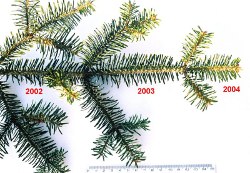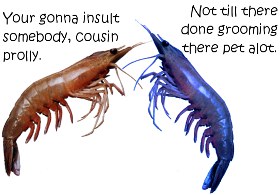People ask me about blogging every day. They often ask me by way of a search engine, but they also ask me by telephone, in person, and a lot of other communications methods (no carrier pigeons, please).
I have written a lot of blog articles, and I have written a lot about blogging. As an example, I offer you my “10 Really Good Reasons to Blog“, along with the many others you will find in my blog archive. I have also written about reasons blogs fail.
A blog is a great hub for search engine optimization and social media marketing efforts. This is a fact which is undeniable and proven with a lot of data. A blog can also require a lot of time. Time is money, and somebody must be held accountable.
When I consider the various blogs (websites) where I write, it is as if each one of them represents different aspects of my persona. Some of them bring out my perfectionist side (the prominent side), and I am compelled to read them over and over to be sure they are perfect before publishing. Other blogs (websites) are more fun and I can whip out my wacky sense of humor.
In any blogging effort, I find that the more time and effort I invest, the more valuable it becomes to me. In the case of my blog at awebguy.com, I have invested a lot of time and effort to have all the pieces fit. It serves me commensurate with my effort.
I normally include a creative image to represent each article. The pictures in a blog post have a surprising affect with readers. They enhance the message and set a tone. I suggest always using a creative image in a blog post! I am skipping the image this time.
I also spend a lot of time adding page descriptions, blog tags, blog categories, and even recording a podcast for many of my articles so that people can listen instead of reading. Of course, these things require a lot of work.
When I finish all the production, then I need to share my articles across my social networks. Sure, a lot of this can be reasonably automated, but a human approach is always better. In fact, the effort is quantifiable and I am going against my own style to produce and publish this article.
Changing Blog Formats
The point here is that I am changing formats. I will still provide my lengthy articles making strong points using things I know. In fact, I have some great pieces coming up soon, so if you have not subscribed, I would like to encourage that you subscribe now. I will also be including some short and simplified clips in the mix … like this one. This particular article is intended to be a quickie, and I will actually save a ton of effort which some people will notice.
I want to offer you this cautionary consideration. Many people think they can get by doing less than what it takes to produce a great blog, but then still expect great results. It does not work! I have paid a lot of dues in the realm of blogging, and I can assure you that this article will garner far less attention than the ones I spend a lot of time and effort to produce and publicize. For me, that is fine, because I am actually not here to sell you anything. If you want to sell something, you really should do all of that extra work that may seem useless to you.
I will likely provide much more of the “bare bones Murnahan” in the future. This time, I just wanted to say something useful and fast. OK, maybe it did not seem fast to you, but I nixed the podcast, image, and a ton of the other work that has helped to make this blog popular. I also hope that you still find it useful, and preferably before you choose to cut corners.
Look Mom … no frills! If you intend to skip the extra work in producing your blog, just be sure that you do not rely on it to bring in more business.
The bottom line is that if you want a blog to boost your bottom line, you should go the extra mile.



